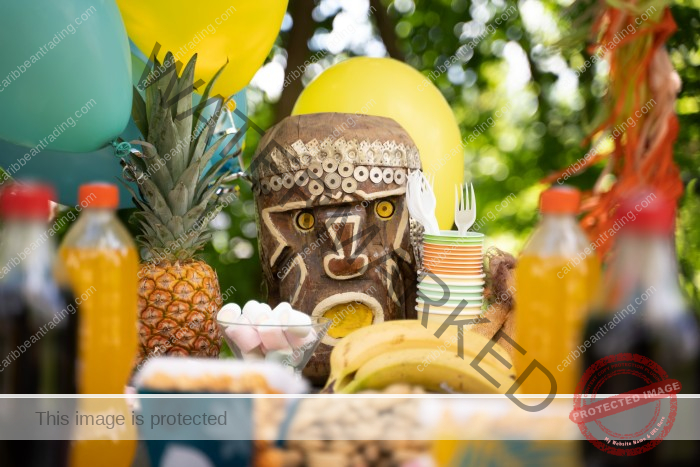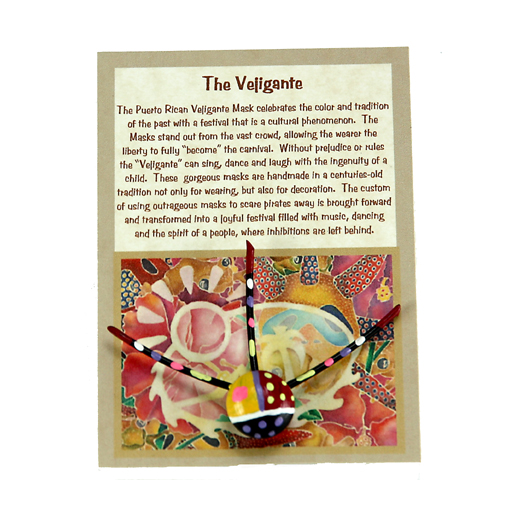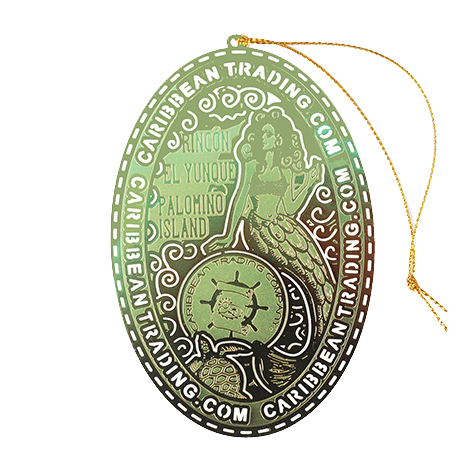Caribbean History
The Influence of African Traditions on Caribbean Culture
The Caribbean region stands as a melting pot of cultural diversity, with African traditions playing a pivotal role in shaping its unique identity. From music and dance to cuisine and spirituality, the legacy of African heritage is deeply embedded in the daily lives and traditions of Caribbean people. This influence traces back to the transatlantic slave trade, which brought millions of Africans to the Americas, including the Caribbean islands, during the colonial era. Over centuries, these communities preserved their customs, blending them with European and Indigenous practices to create a vibrant cultural tapestry.
Music and Dance: The Rhythmic Heartbeat of the Caribbean
African traditions are most evident in the music and dance of the Caribbean. Genres such as reggae, calypso, soca, and dancehall owe their rhythmic foundations to African drumming patterns. The syncopated beats and call-and-response singing styles reflect the oral traditions of West Africa, where music served as both a form of communication and communal celebration. Instruments like steel drums, maracas, and tambourines often accompany these musical genres, showcasing the adaptability of African creativity.
Dance forms such as the limbo, mambo, and the sensual movements of bachata and zouk are rooted in African cultural expressions. These dances often embody storytelling, spirituality, and social commentary, demonstrating the enduring vibrancy of African traditions.
Cuisine: A Fusion of Flavors
The culinary landscape of the Caribbean is a testament to African influence, marked by bold flavors and innovative techniques. Dishes like jerk chicken, rice and peas, and callaloo trace their origins to African cooking methods and ingredients. Okra, yams, plantains, and spices such as allspice and nutmeg were brought by African slaves and remain staples in Caribbean cuisine.
Traditional cooking methods, including slow roasting and the use of earthen pots, reflect African practices. Additionally, communal feasting and the sharing of meals are deeply rooted in African social customs, emphasizing the importance of food as a unifying force.
Spiritual Practices and Religious Syncretism
Religion in the Caribbean reflects a rich tapestry of African spirituality blended with European and Indigenous influences. Practices such as Vodou in Haiti, Santería in Cuba, and Obeah in Jamaica incorporate African cosmology, ancestor veneration, and ritual practices. These belief systems emerged as a form of resistance and resilience, preserving African heritage despite the suppressive efforts of colonial powers.
The drumming, chants, and ceremonies central to these spiritual traditions highlight the interconnectedness of music and spirituality in African culture. Even mainstream Christianity in the Caribbean has absorbed African elements, as seen in the vibrant worship services filled with singing, dancing, and communal prayer.
Language and Oral Traditions
The linguistic landscape of the Caribbean also bears the marks of African influence. Creole languages spoken across the region, such as Haitian Creole, Papiamento, and Jamaican Patois, blend African syntax and vocabulary with European languages. These languages serve as a means of cultural expression and identity, connecting present-day Caribbean communities with their African ancestry.
Oral storytelling, an essential aspect of African culture, thrives in Caribbean literature and folklore. Tales featuring trickster characters like Anansi the Spider have been passed down through generations, teaching moral lessons and preserving the history of enslaved peoples.
Art and Craftsmanship
African artistic traditions have left an indelible mark on Caribbean visual arts and craftsmanship. From intricate beadwork and woven baskets to vibrant paintings and sculptures, these art forms reflect the creativity and resilience of African descendants. Masks and carvings used in ceremonial practices have been reimagined in Caribbean festivals, maintaining their cultural significance while adapting to a new context.
Caribbean carnival celebrations, such as Trinidad and Tobago’s Carnival and Barbados’ Crop Over, showcase this artistic influence. The elaborate costumes, music, and dance that define these events are rooted in African traditions of celebration and resistance, symbolizing freedom and unity.
Festivals and Community Life
Festivals in the Caribbean often draw directly from African cultural practices. Emancipation Day celebrations, held across the region, honor the end of slavery and highlight African heritage. Similarly, the Junkanoo festival in the Bahamas reflects African musical and dance traditions, featuring vibrant parades and elaborate costumes.
These communal events emphasize the values of solidarity and resilience that characterize African traditions. They also serve as a reminder of the struggles and triumphs of African-descended communities in the Caribbean, fostering a sense of pride and continuity. This can also be seen in many sports, where the old traditions are being kept. Check them by visiting any stadium, or watching them on the TV at some pub, many love this for doing some sports gambling and earning money while having a good evening!
Fashion and Adornment: A Legacy of Elegance
African influence is evident in Caribbean fashion and adornment, with traditional patterns, vibrant colors, and symbolic jewelry reflecting African aesthetics. Headwraps, beaded accessories, and fabrics like madras echo African heritage while adapting to Caribbean environments. These styles, often worn during festivals or special occasions, highlight a cultural pride that celebrates African roots.
Maritime Skills and Agricultural Practices
African traditions also shaped maritime skills and agricultural practices in the Caribbean. Enslaved Africans brought knowledge of fishing, boatbuilding, and sustainable farming techniques, which adapted to the islands’ tropical environments. Crops like cassava and bananas, along with practices such as crop rotation and intercropping, reflect these contributions, ensuring food security and fostering self-sufficiency in the region.
Conclusion
The influence of African traditions on Caribbean culture is profound and multifaceted, shaping the region’s music, cuisine, spirituality, language, and artistic expressions. This legacy is not merely a relic of the past but a living, dynamic force that continues to evolve and inspire. By preserving and celebrating these traditions, the Caribbean remains a testament to the enduring power of cultural resilience and creativity, bridging continents and generations in a shared history of survival and innovation.







